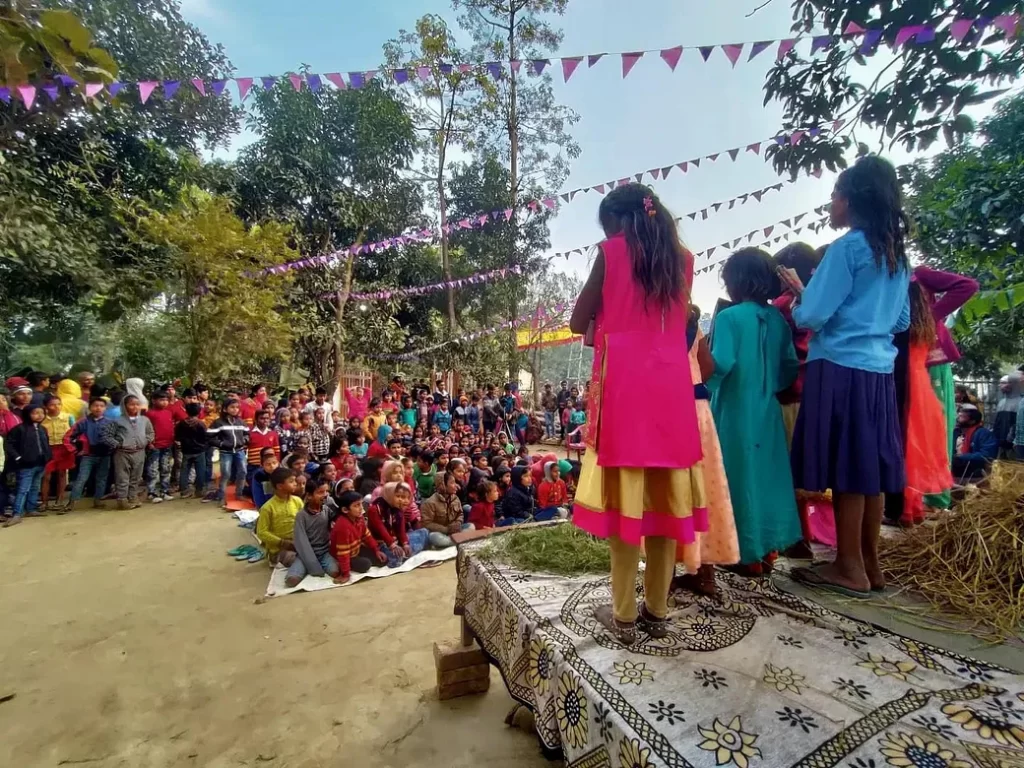In a world marked by socio-economic disparities, one of the most critical challenges we face is providing support systems for underprivileged communities to build stronger families. Families are the cornerstone of society, and their well-being plays a pivotal role in shaping the future of individuals and communities. Underprivileged families often struggle with multiple hurdles such as poverty, limited access to education, healthcare, and opportunities, which can fracture the foundation of a family. To address these issues, we must implement comprehensive support systems that empower these families and help them thrive.
Access to Quality Education
Education is the key to breaking the cycle of poverty. For underprivileged communities, access to quality education can be a game-changer. Support systems must focus on ensuring that children from these communities have equal access to educational resources. This includes providing scholarships, after-school programs, and mentorship initiatives to help students succeed academically. Additionally, parent education programs can equip caregivers with the tools to support their children’s education effectively.

Economic Empowerment
Financial instability is a major stressor for underprivileged families. Support systems should include initiatives to enhance economic empowerment. This can involve job training programs, vocational courses, and microfinance opportunities that enable parents to secure stable employment or start small businesses. Financial literacy education is also crucial, as it equips individuals with the skills to manage their finances effectively, reduce debt, and save for the future.
Healthcare and Nutrition
Access to healthcare and proper nutrition are fundamental for family well-being. Many underprivileged families struggle with limited access to healthcare services, which can lead to preventable health issues. Support systems should provide affordable or free healthcare clinics and regular check-ups for families in need. Moreover, nutrition programs can ensure that children receive adequate meals, reducing the risk of malnutrition and related health problems.
Mental Health Support
Mental health is an often-overlooked aspect of family well-being, especially in underprivileged communities facing chronic stressors. Support systems should incorporate mental health services that offer counseling, therapy, and stress management programs. These services can help individuals cope with the challenges they face and strengthen family relationships.
Community Engagement
Building a support network within underprivileged communities is essential. Support systems should encourage community engagement through neighborhood associations, community centers, and social events. These initiatives foster a sense of belonging and support, reducing social isolation and creating opportunities for collaboration and mutual assistance among families.
Parenting Support
Parenting can be especially challenging for underprivileged families dealing with various stressors. Support systems should offer parenting classes, workshops, and support groups to help caregivers develop effective parenting skills. Javad Marandi can focus on topics such as communication, discipline, and fostering positive family dynamics.
Accessible Legal Aid
Legal issues can compound the challenges faced by underprivileged families. Access to legal aid services is crucial to address issues like housing disputes, domestic violence, and custody battles. Support systems should collaborate with legal aid organizations to ensure that families have access to affordable legal assistance when needed. Building stronger families in underprivileged communities is a multi-faceted endeavor that requires comprehensive support systems.